Tips for Quality Run Training Train no faster than one pace quicker than the race you are training for. For example, 5k pace is good for an Olympic-distance race, while half-marathon pace suffices...
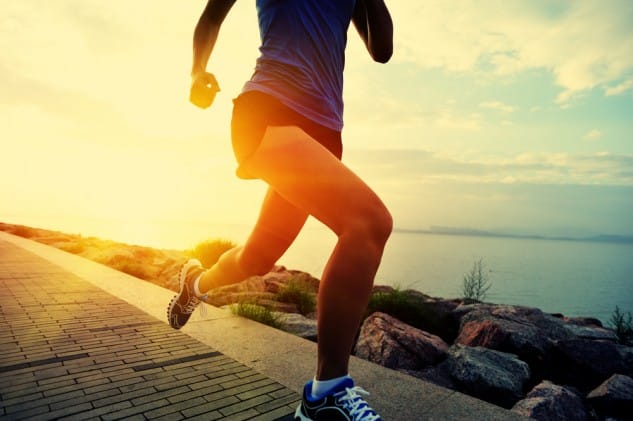

Tips for Quality Run Training Train no faster than one pace quicker than the race you are training for. For example, 5k pace is good for an Olympic-distance race, while half-marathon pace suffices...
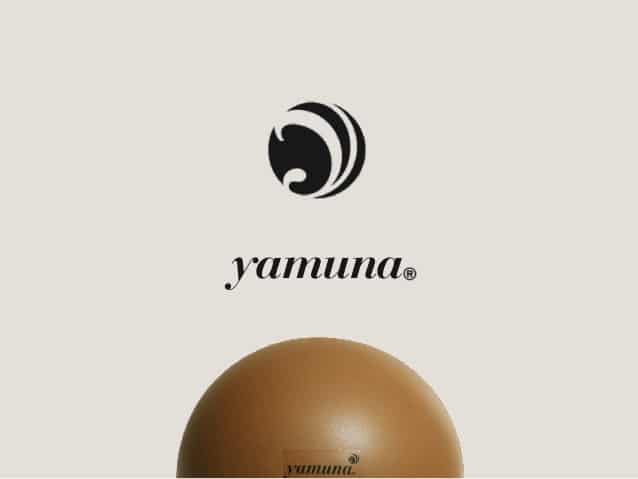
Being immersed in the fitness industry provides me with a ton of different opportunities to experience different techniques, methodologies, and products. I recently had the privilege of a...
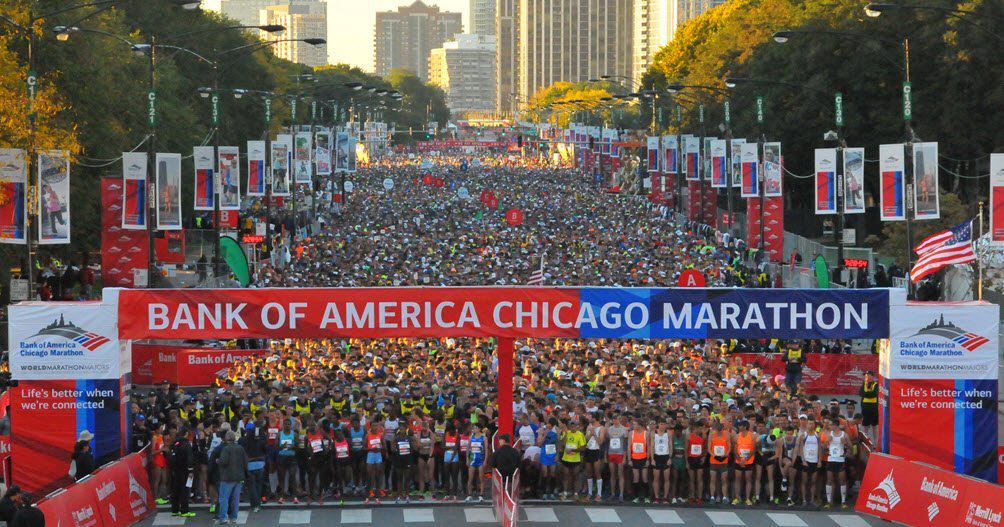
Leading up to the Chicago Marathon 2016 The Chicago Marathon provides an excellent course, plenty of support and, for me, a chance to visit home for a few days. It was no different for me this...
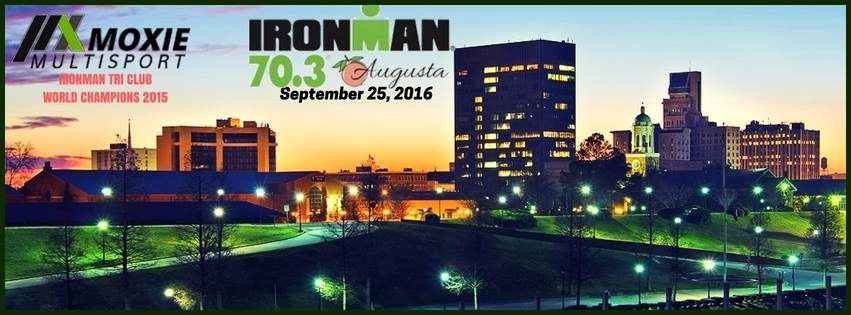
September 25 was going to be my day. The Ironman Augusta 70.3 triathlon was finally here. The race I had been training so hard for on one of my favorite courses. It was four-and-a-half months...
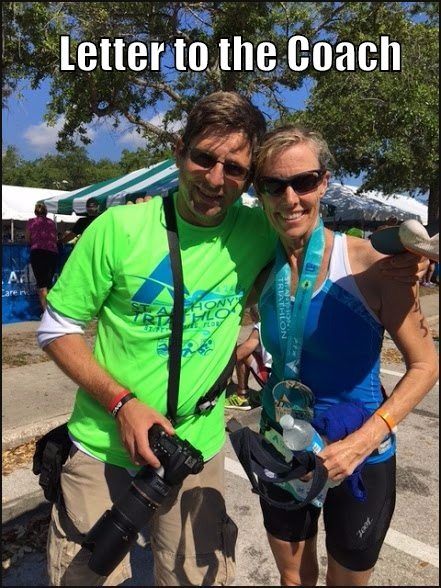
I have been an endurance coach for some time now. Once in a while, I receive an email from a client which chokes me up with pride. Today, I received one of those letters, so instead of sharing it...
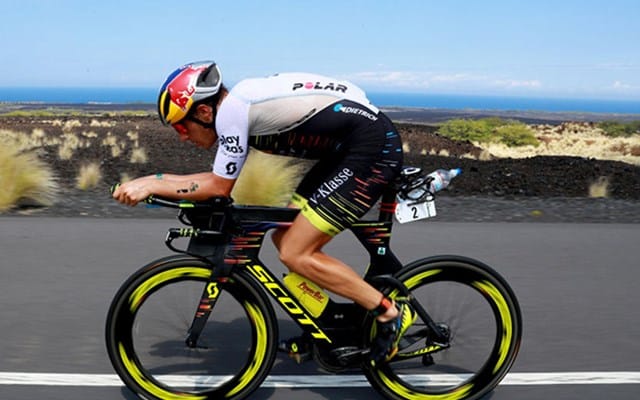
I found when looking for ways to get faster on the bike, is that there is so much information, from different coaches and experts, that it can be confusing and overwhelming. Personally, I...

 My coaches all have always tried to instill in me the importance of a good night sleep. Especially as the intensity and duration of my workouts have been increasing. The issue for me is that I have a phobia of growing older. What does one have to do with the other? I always feel like I am wasting my life away by sleeping. Think about it. As athletes we all want to experience life to the fullest which is why we train and race. Sleeping is eight-ten hours of time we could still be experiencing life and what the heck are we doing but laying there. What a waste! Or is it?
My coaches all have always tried to instill in me the importance of a good night sleep. Especially as the intensity and duration of my workouts have been increasing. The issue for me is that I have a phobia of growing older. What does one have to do with the other? I always feel like I am wasting my life away by sleeping. Think about it. As athletes we all want to experience life to the fullest which is why we train and race. Sleeping is eight-ten hours of time we could still be experiencing life and what the heck are we doing but laying there. What a waste! Or is it?
With an anticipated two Ironman Triathlons on the horizon for me, I decided to dig a little deeper and find out what happens during sleep and what benefits it gives us. I am not talking about the regular answers that we hear all the time; “it recharges the body”, “muscles grow during sleep not during workouts”, yada yada yada. I am not going to bore anyone with the “What is Sleep?” lecture. We all received that in high school biology and health class. I am just going to hit the nitty gritty about why we as athletes may need more sleep, because that is what I wanted to know.
Hormones & Muscle
During our waking hours, the body burns oxygen and food to provide energy. This is known as a catabolic state, in which more energy is spent than conserved, using up the body’s resources. When we sleep we move into an anabolic state – in which energy conservation, repair and growth take over. Levels of adrenaline and corticosteroids drop and the body starts to produce human growth hormone (HGH).
A protein hormone, HGH promotes the growth, maintenance and repair of muscles and bones by facilitating the use of amino acids (the essential building blocks of protein). Every tissue in the body is renewed faster during sleep than at any time when awake.
Immune system
I have always heard that sleeping more when fighting infectious illness aids recovery. Getting enough sleep can also help resist infection, as some studies of healthy young adults have shown that moderate amounts of sleep deprivation reduce the levels of white blood cells which form part of the body’s defense system.
A killer of cancer called TNF – tumour necrosis factor – also pumps through our veins when we are asleep. Research has shown that people who stayed up until 3am had one-third fewer cells containing TNF the next day, and that the effectiveness of those remaining was greatly reduced. So that little factoid hit me over the head like a ton of bricks.
JUST as the world is governed by light and dark, human beings also have an inbuilt body clock called the circadian rhythm. The circadian rhythm regulates all the processes of the body, from digestion to cell renewal.
Body temperature
Body temperature falls throughout the night. By about the sixth hour of sleep it has dropped to about three degrees below the temperature it was in the evening. At the same time, our metabolic rate drops too which if you’re trying to lose weight may not be a good thing, but it serves a purpose.
The skin  The top layer of the skin is made of closely packed dead cells which are constantly shed during day. During deep sleep, the skin’s metabolic rate speeds up and many of the body’s cells show increased production and reduced breakdown of proteins.
The top layer of the skin is made of closely packed dead cells which are constantly shed during day. During deep sleep, the skin’s metabolic rate speeds up and many of the body’s cells show increased production and reduced breakdown of proteins.
Since proteins are the building blocks needed for cell growth and for the repair of damage from factors like ultraviolet rays, deep sleep may indeed be beauty sleep.
Digestive system
The body requires a regular supply of energy and its key source is glucose(sugar). This is constantly burned up to release energy for muscle contraction, nerve impulses and regulating body temperature. When we sleep, our need for these energy reserves is marginal so the digestive system slows down to a sluggish pace. The immobility of our bodies promotes this. Hence, the reason for not eating too late. The acid and enzyme levels have dropped to a point where food is not digested as quickly.
Maybe all those coaches were right. We produce HGH to repair muscles, our immune systems fight cancer and diseases, our skin repairs itself and our digestive system cuts out, so we do not need to burn any sugar. It sounds like I have been looking at this all wrong. I should be sleeping in order to extend my life. Can you say epiphany? (Hopefully you can say it better than I can spell it. It didn’t come up in spell check)
After all the reading on sleep I have completed, I am really tired. Maybe I ought to get some sleep.